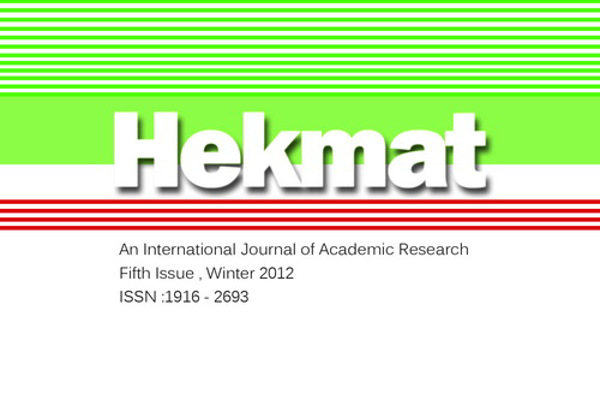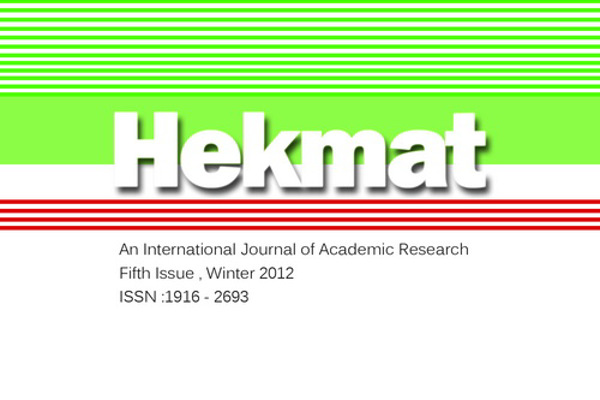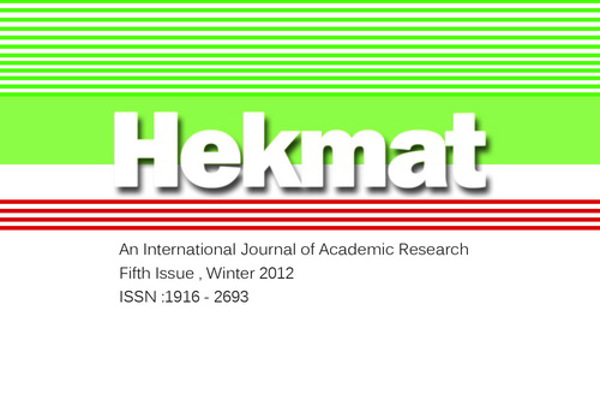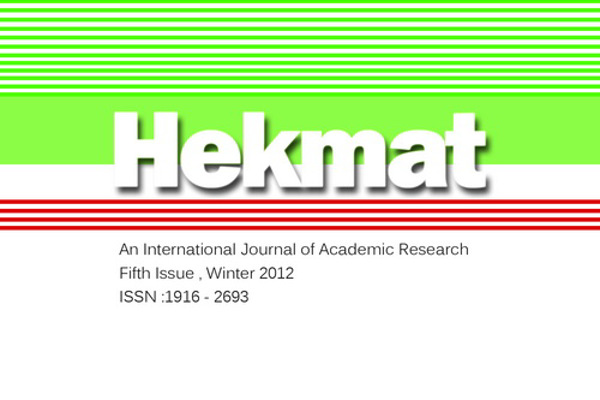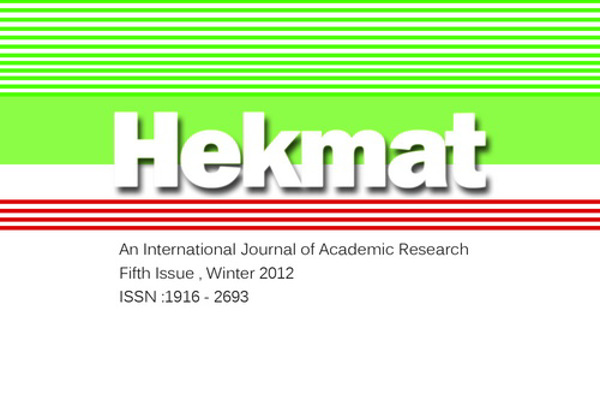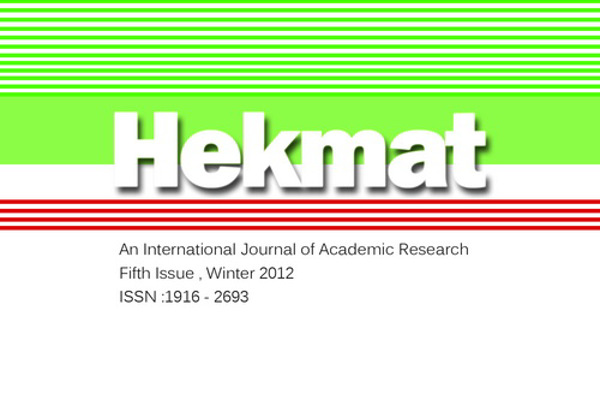Editorial
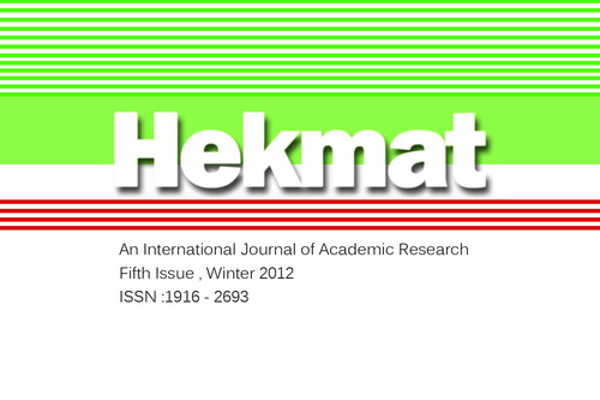
Editorial
“Freedom” is the possibility of putting into practice the decisions individuals and society make exercising their free will. If one could fulfill all their wishes and implement all their decisions without their thoughts, words, and deeds being restricted by other individuals or institutions, then they could be said to be enjoying total freedom. However, human beings cannot have total freedom since they live a social life, and total unrestricted individual freedom usually ends in the restriction of the freedom other members of the society enjoy. Therefore, passing laws and regulations based on the belief systems, attitudes, and cultural norms of the people of different social strata, every society manages to protect the freedom of its members, and provide a framework for individual freedom. Likewise, international laws and regulations specify the types and limits of freedom to be enjoyed by the nations worldwide. Human societies have been always struggling to achieve freedom, be freed from oppression at the hands of despots, restrict the power and authority of autocrats to the laws and regulations and compel them to be responsive and responsible.
Today, despite the fact that the principles of individual and social freedom have been defined and specified in different societies worldwide- which have been presented in the forms of legislations, conventions, declarations etc- there still remains a long way to go before we could achieve and realize such freedoms and reap the benefits.
The most important message of all Divine religions is “freedom.” The motto of the Prophet of Islam was “Say there is no god but Allah and you shall reach salvation,” which is a message of release from all restrictions and dependencies. From an Islamic perspective, the primary meaning of freedom is to be able to exercise one’s “free will” (Ikhtiar) rather than be “forced” (Djabr). Islam considers freedom to apply to both systems of takween and tashree’, i.e. creation and religious guidance respectively:
Freedom, at the level of creation, means that, in God’s creation system, there is no compulsion regarding the choice of path and faith: “there is no compulsion to [accept and choose] a religion, and the right path has been distinguished from the wrong one.” At the level of religious guidance, however, freedom means that nobody is allowed to take others as their slave, own their mind and deed, and impose their wants and desires on them; for, in the legal guidance system, all human beings enjoy equal rights and no one is privileged as our holy Prophet says, “people are all equal just as the teeth of a comb.” Thus, if societies adhere to this basic principle, different shapes and forms of violence will not arise, and the right to life, which is a major element of human rights, will not be violated.


